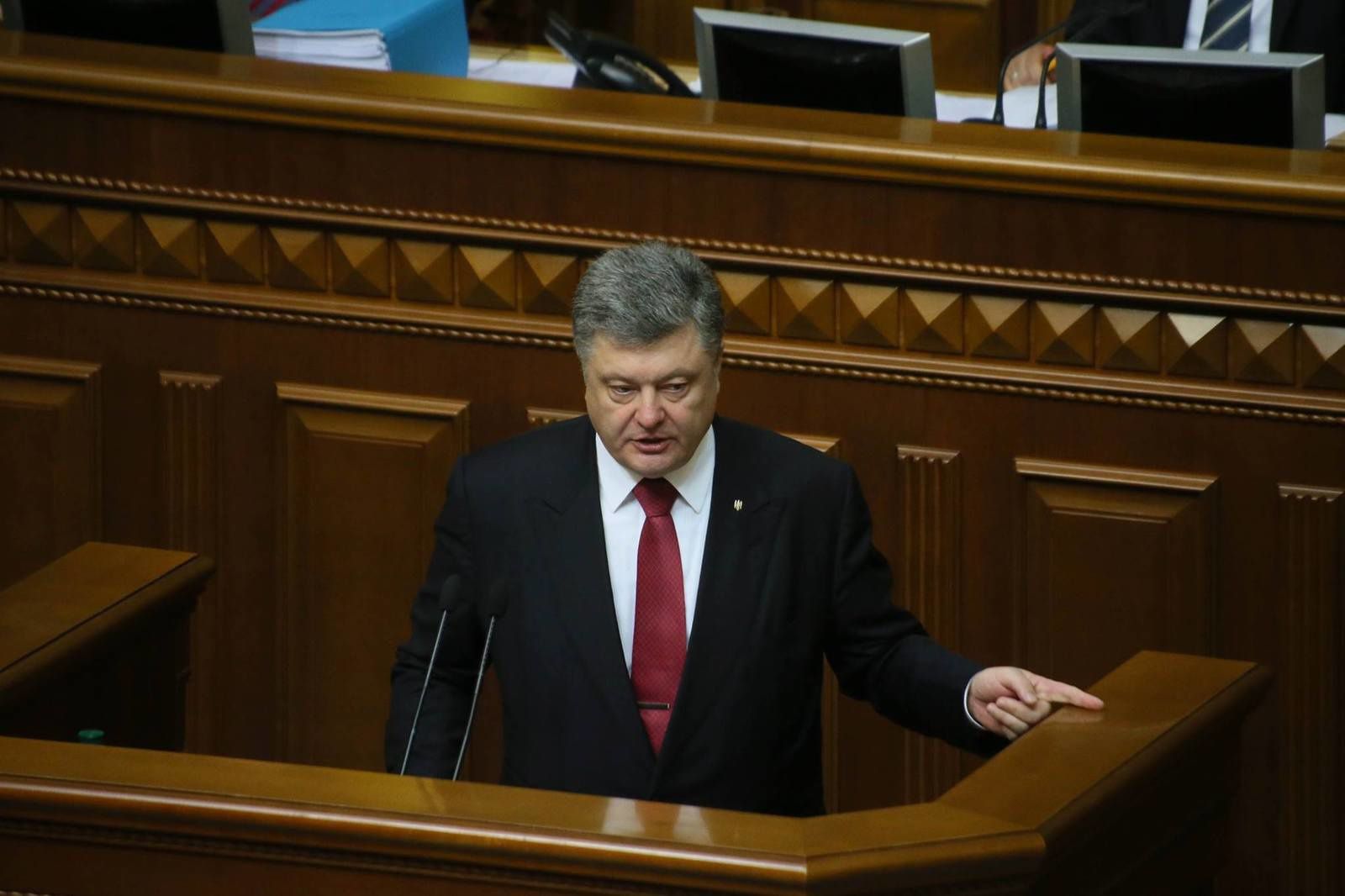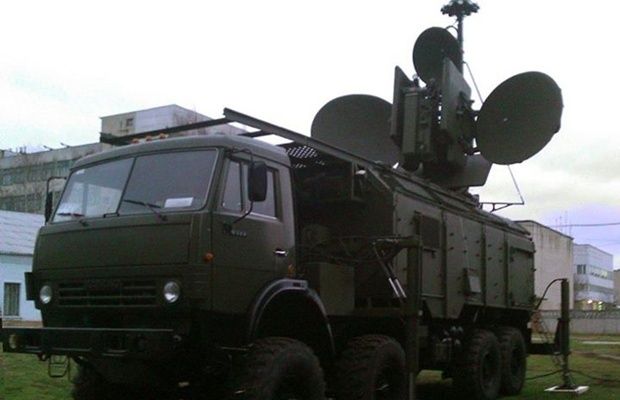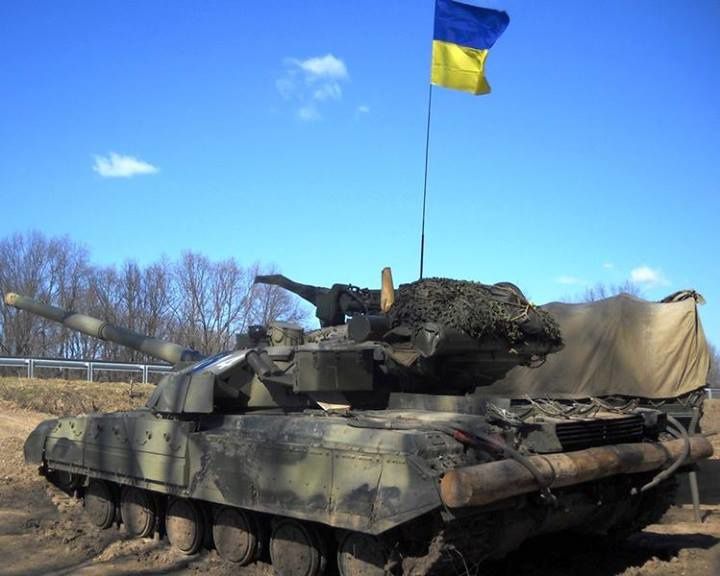04 juin 2015 Romandie.com (AFP)
Kiev - L'Ukraine a mis en garde jeudi contre la menace gigantesque d'une reprise des attaques des rebelles au lendemain d'une flambée de violence qui a fait 26 morts dans l'est du pays, selon un nouveau bilan, la Russie avertissant de son côté que le processus de paix risquait de voler en éclats.
Les combats de mercredi ont été les plus violents en Ukraine depuis la reprise par les rebelles du noeud ferroviaire stratégique de Debaltseve, à mi-chemin des bastions séparatistes de Donetsk et de Lougansk, peu après l'entrée en vigueur du cessez-le-feu le 15 février.
La menace d'une reprise d'actions militaires de grande envergure des groupuscules terroristes russes demeure gigantesque, a déclaré M. Porochenko, lors de son adresse annuelle au Parlement ukrainien, affirmant que plus de 9.000 soldats russes se trouvaient actuellement en Ukraine.
L'Union européenne a fait écho à ces propos, estimant que l'escalade des combats la veille, considérée comme la plus grave violation du cessez-le-feu depuis février, risquait d'enclencher une nouvelle spirale de violences.
Alors que les rebelles ont nié toute implication dans l'offensive près de Mariinka, à une vingtaine de kilomètres de Donetsk, la Russie, accusée par l'Ukraine et par les Occidentaux de soutenir et d'armer les séparatistes prorusses, a pour sa part dénoncé des provocations ukrainiennes. Elle s'est aussi dite préoccupée quant à l'avenir des accords de Minsk 2, signés le 12 février.
Ces derniers sont en permanence menacés de voler en éclats à cause des actes des autorités de Kiev, a déclaré le ministre russe des affaires étrangères Sergueï Lavrov, cité par l'agence Interfax.
- Mouvement d'armes lourdes -
Kiev a accusé les rebelles d'avoir déclenché une offensive majeure avec plus de 10 chars et 1.000 hommes contre leurs positions à Mariinka mercredi à l'aube.
Dans un rapport publié mercredi soir, l'Organisation pour la sécurité et la coopération en Europe (OSCE) a indiqué avoir observé le mouvement d'un grand nombre d'armes lourdes dans les territoires contrôlés par la République populaire de Donetsk, généralement vers l'ouest de la ligne de front, près de Mariinka, avant et durant les combats.
L'OSCE a précisé avoir notamment vu huit véhicules blindés se diriger vers l'ouest, dont quatre étaient des chars, ainsi qu'un camion militaire transportant une pièce d'artillerie de calibre 122 millimètres ou encore une colonne d'infanterie.
La mission, basée à Donetsk, a de plus rapporté avoir entendu environ 100 tirs sortants d'artillerie, lancés depuis une zone située entre 1 et 5 kilomètres de Donetsk à l'aube mercredi , ainsi que des tirs sortants de lance-roquettes multiples Grad. Selon l'OSCE, les tirs sortants se sont poursuivis par la suite, et des tirs entrants ont ensuite également été entendus. Le calme était revenu dans la soirée, a précisé l'OSCE.
Les armes de calibre supérieur à 100 millimètres auraient normalement dû être retirées de la ligne de front selon les accords de Minsk 2.
L'état-major ukrainien a admis mercredi que ses troupes avaient rapporté de telles armes sur la ligne de front pour contrer l'attaque rebelle. Selon le président Porochenko, ces armes ont déjà été retirées de la ligne de front.
- 'Toute nouvelle attaque est inacceptable' -
Le bilan des affrontements s'élève pour l'instant à au moins 26 morts. Un représentant de la République populaire autoproclamée de Donetsk, Edouard Bassourine, a déclaré à l'AFP que 16 rebelles et 5 civils avaient été tués ces dernières 24 heures. De son côté, Iouri Birioukov, un proche conseiller du président ukrainien Petro Porochenko, a fait état de cinq soldats tués, sur sa page Facebook.
Cette flambée des violences fait craindre que les accords de Minsk, qui visaient à mettre fin à une crise qui a conduit à une confrontation sans précédent depuis la Guerre froide entre la Russie et les Occidentaux, ne volent en éclat. Le conflit dans l'Est a déjà fait plus de 6.400 morts depuis son déclenchement en avril 2014.
Nous sommes préoccupés par les informations faisant état de combats hier à Mariinka. Ils doivent cesser immédiatement, a réagi le ministère français des Affaires étrangères.
Mercredi soir, la diplomatie américaine avait déjà qualifié d'inacceptable toute nouvelle attaque ou acte d'agression de la part des forces russo-séparatistes.




































